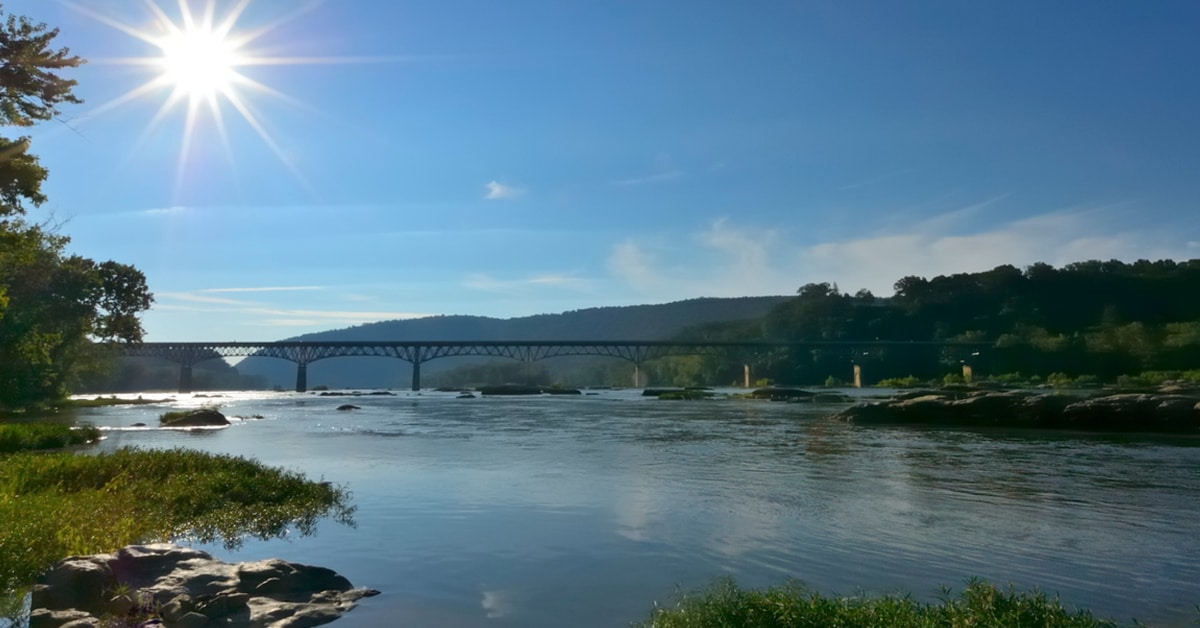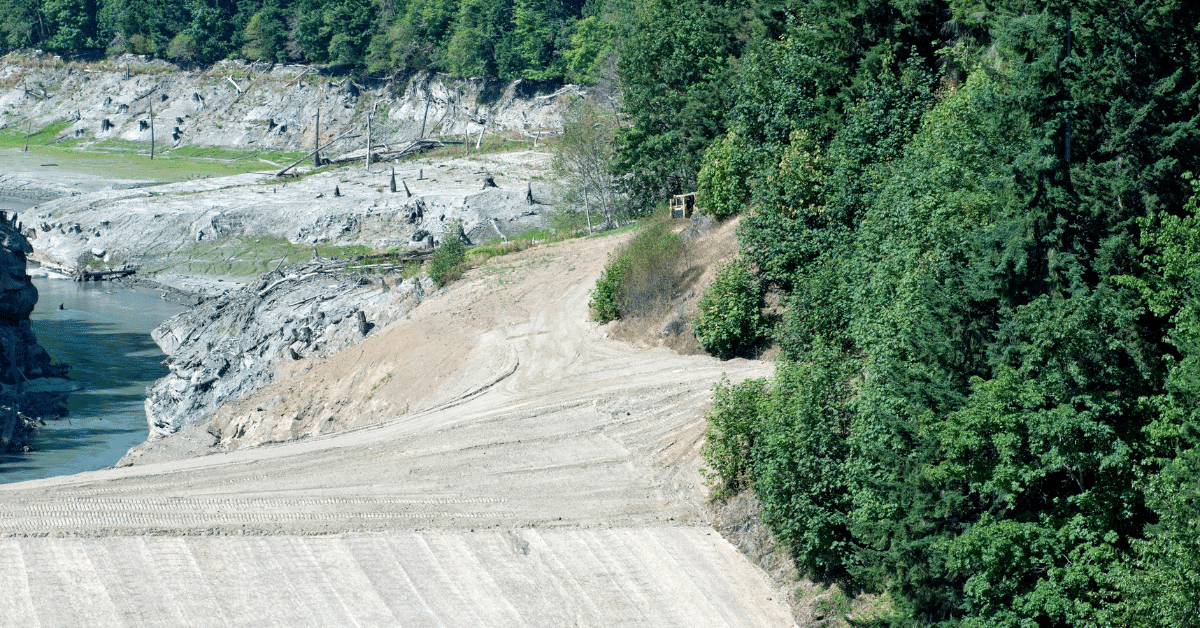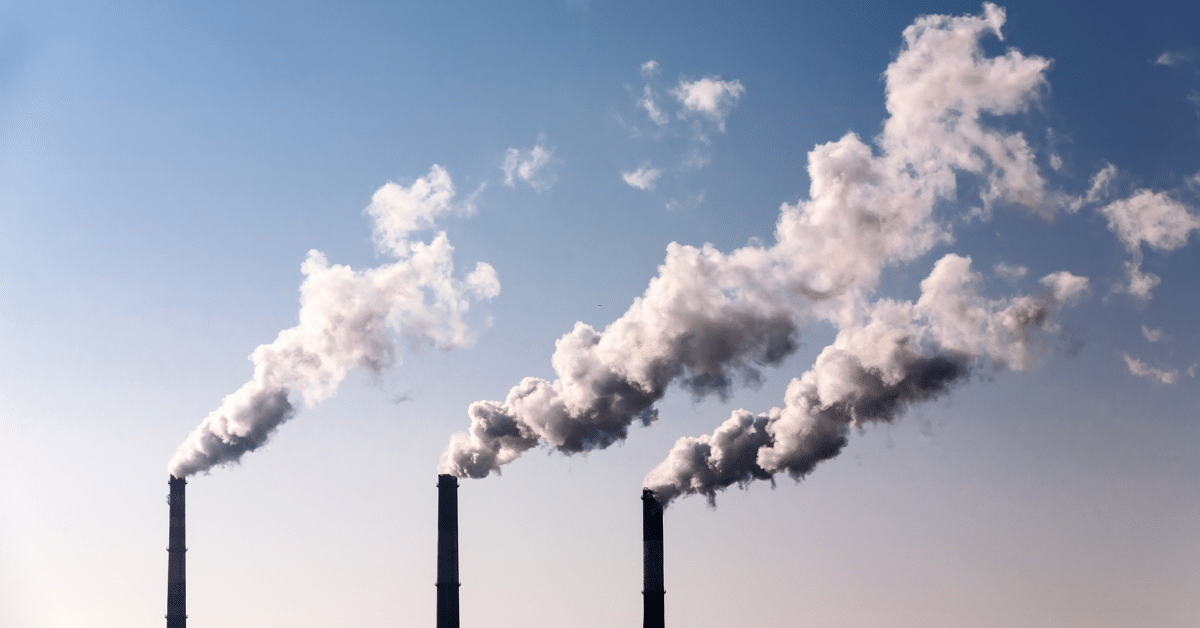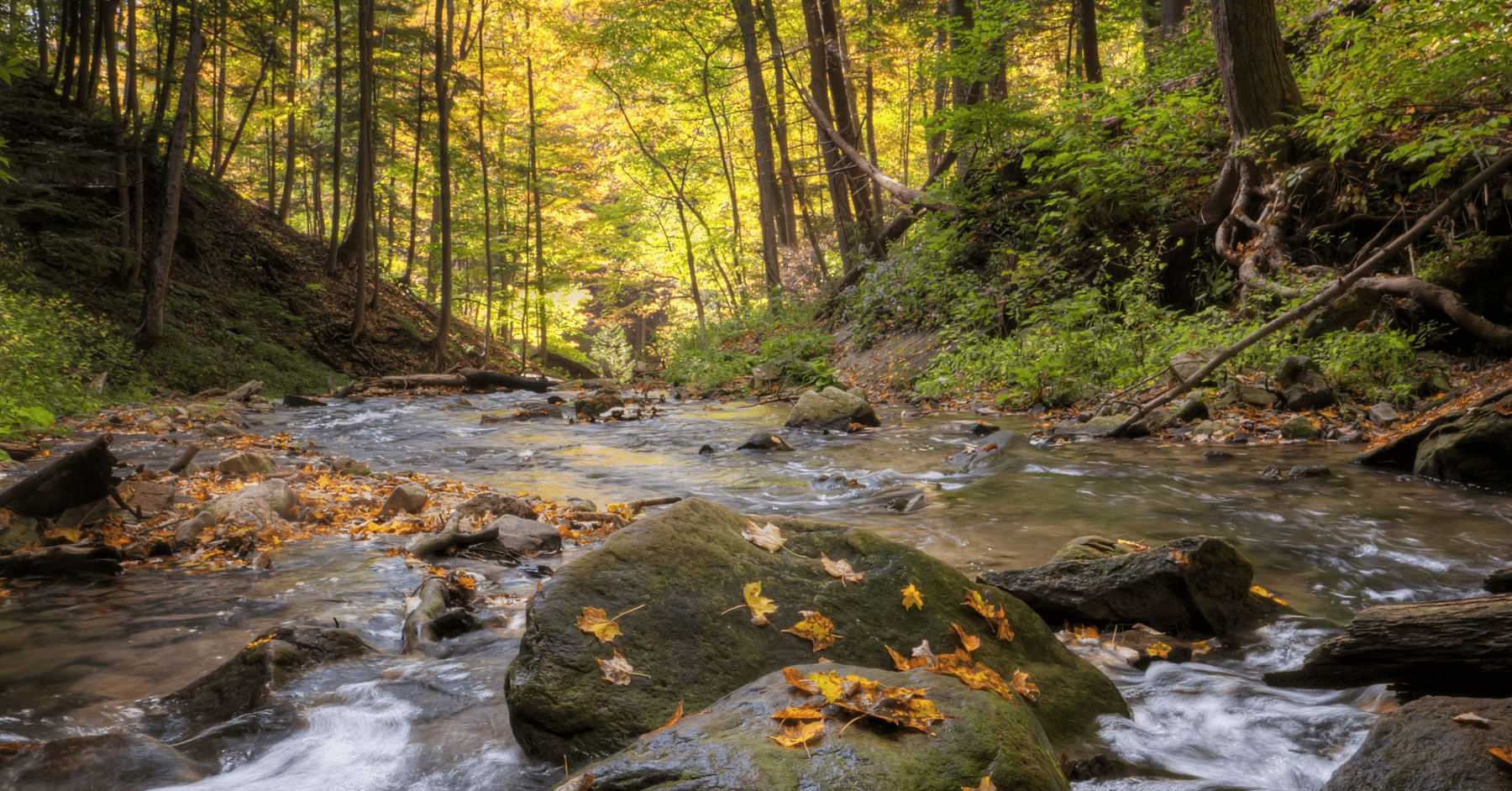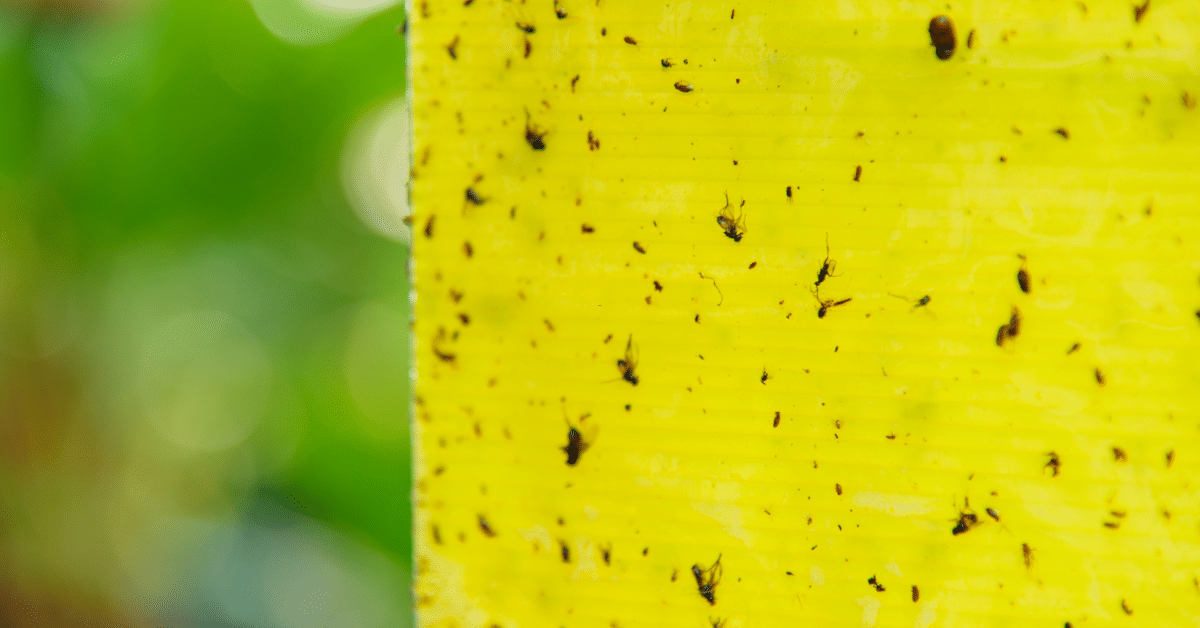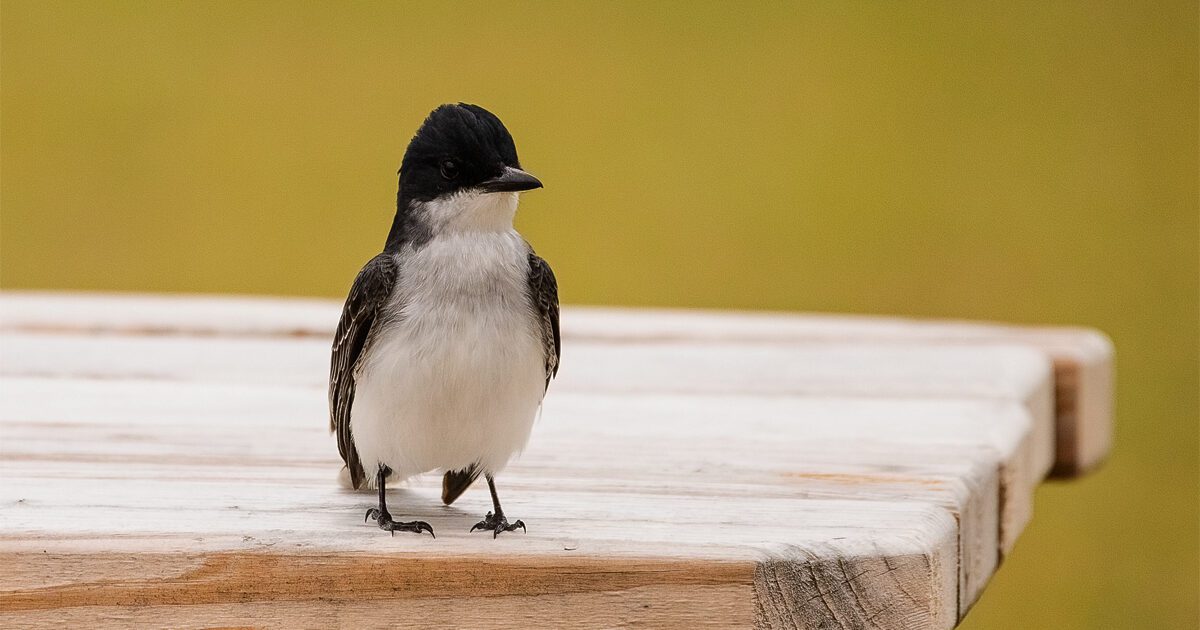
HB 597 Passes House Appropriations Committees, Advancing Wildlife Crossings in Virginia
Virginia has taken an important step towards safer roads. The Virginia House Appropriations Subcommittee: Commerce, Agriculture & Natural Resources and full House Appropriations Committee passed HB 597, legislation that creates the Wildlife Corridor Grant Fund to support wildlife crossings and corridor infrastructure across the Commonwealth. Next the bill will go before the full House of… Read more

